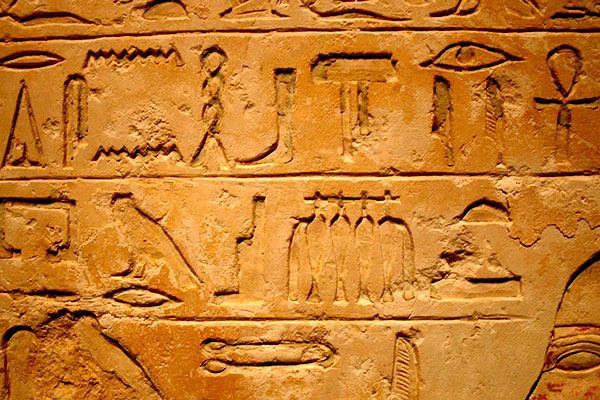Microbiographia | Issue 15
Hypatia - Egyptian philosopher and total babe
Hypatia lived in Alexandria around 400 AD. She worked at the Great Library, which, if you don’t already know, was pretty much the coolest place ever, in a slightly nerdy Indiana Jones kind of way. The library housed hundreds of thousands of scrolls, with works of science and philosophy as well as plays and poetry. These weren’t just any old scrolls, either. They were said to contain over one hundred plays by Sophocles, the great Athenian playwright. Of these, only seven survive completely today. One of those seven is Oedipus Rex. It’s like if Shakespeare’s only surviving plays were Corolianus and A Winter’s Tale — think what we’d have lost.
But enough scrolls; this is supposed to be a column about people. Hypatia was educated in Athens, before returning to Egypt to work at the library. There she taught astronomy, philosophy, and mathematics. Her position of authority was uncommon for women at the time, but contemporary historiographer Scholasticus noted that men felt at ease under her tuition, “on account of her extraordinary dignity and virtue”. It probably helped that by all accounts she was a total babe. Indeed, Hypatia was said to reject all of her many suitors. Knowing the male psyche, this probably increased her perceived hotness.
Although Hypatia’s gender didn’t stop her getting a sweet job, it has made it tough for historians to figure out which works were hers. At the time, it was very rare for women to be credited as the authors of scientific or philosophical texts. This is a shame, since her achievements are reputed to “far surpass all the philosophers of her own time” (Scholasticus again). Still, according to Wikipedia she was the first historically noted woman in mathematics. I guess that’s something.
The Alexandria of Hypatia’s time simmered with political unrest (so much has changed). The Governor, Orestes, had concerns about the Bishop, Cyril. Christianity’s popularity was growing, and Orestes felt that the increasing influence of the Bishop was undermining his rule. Violent scuffles broke out between the religious groups. Orestes was known to seek Hypatia’s counsel, giving the Christians cause to loathe her. She was accused of witchcraft and godlessness, and ultimately murdered by a mob of Christian zealots. Haters gon’ hate.







